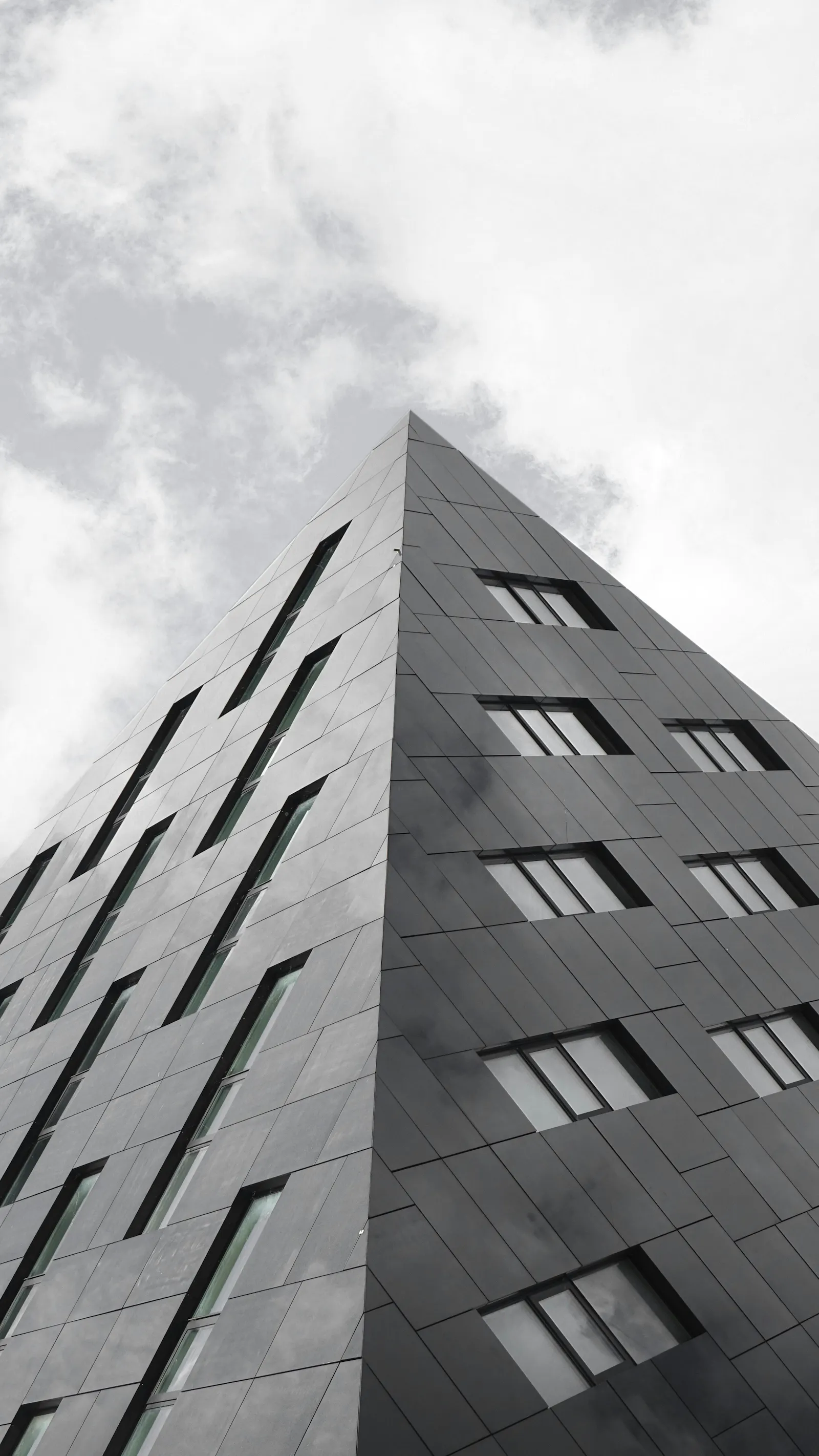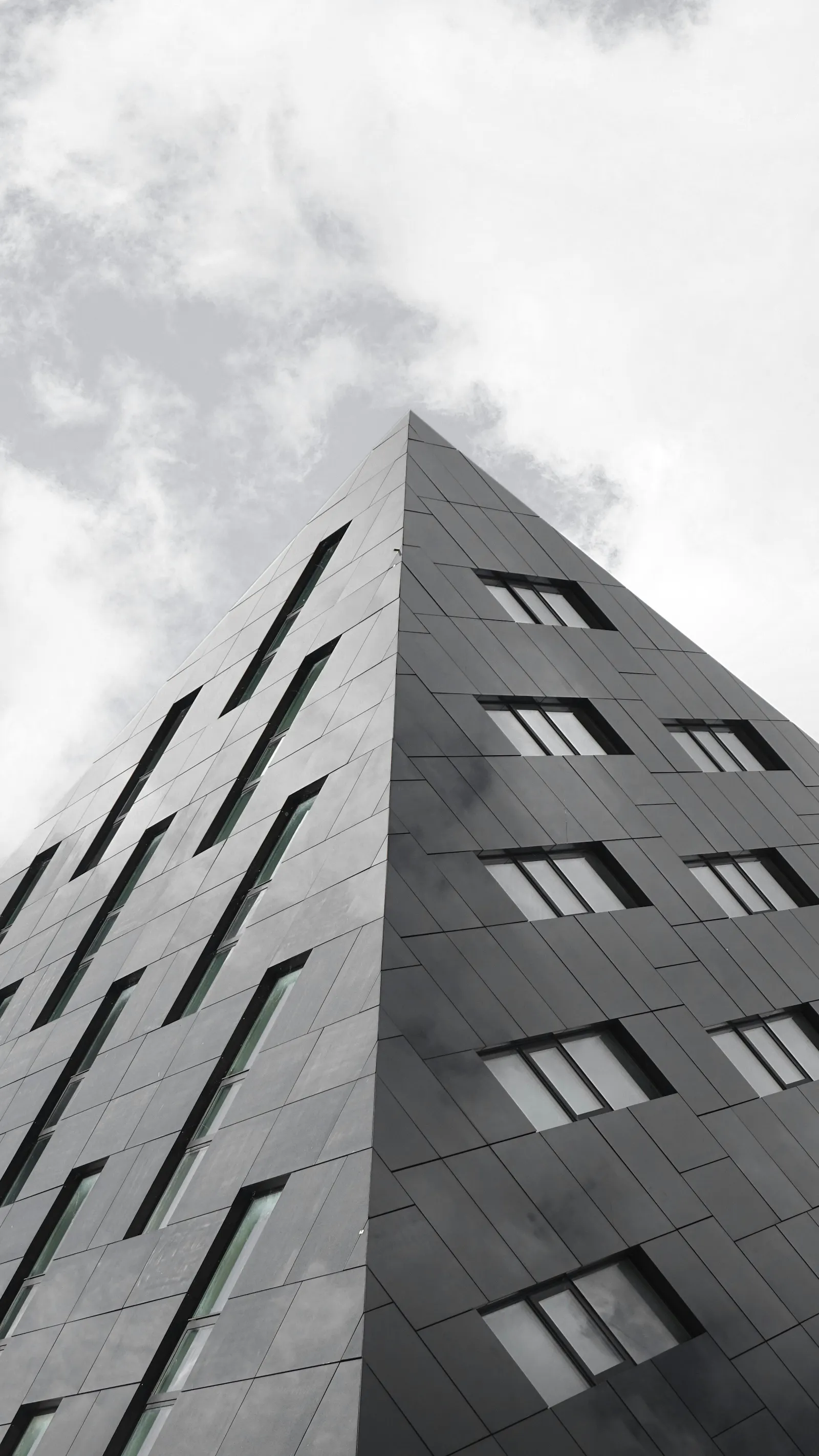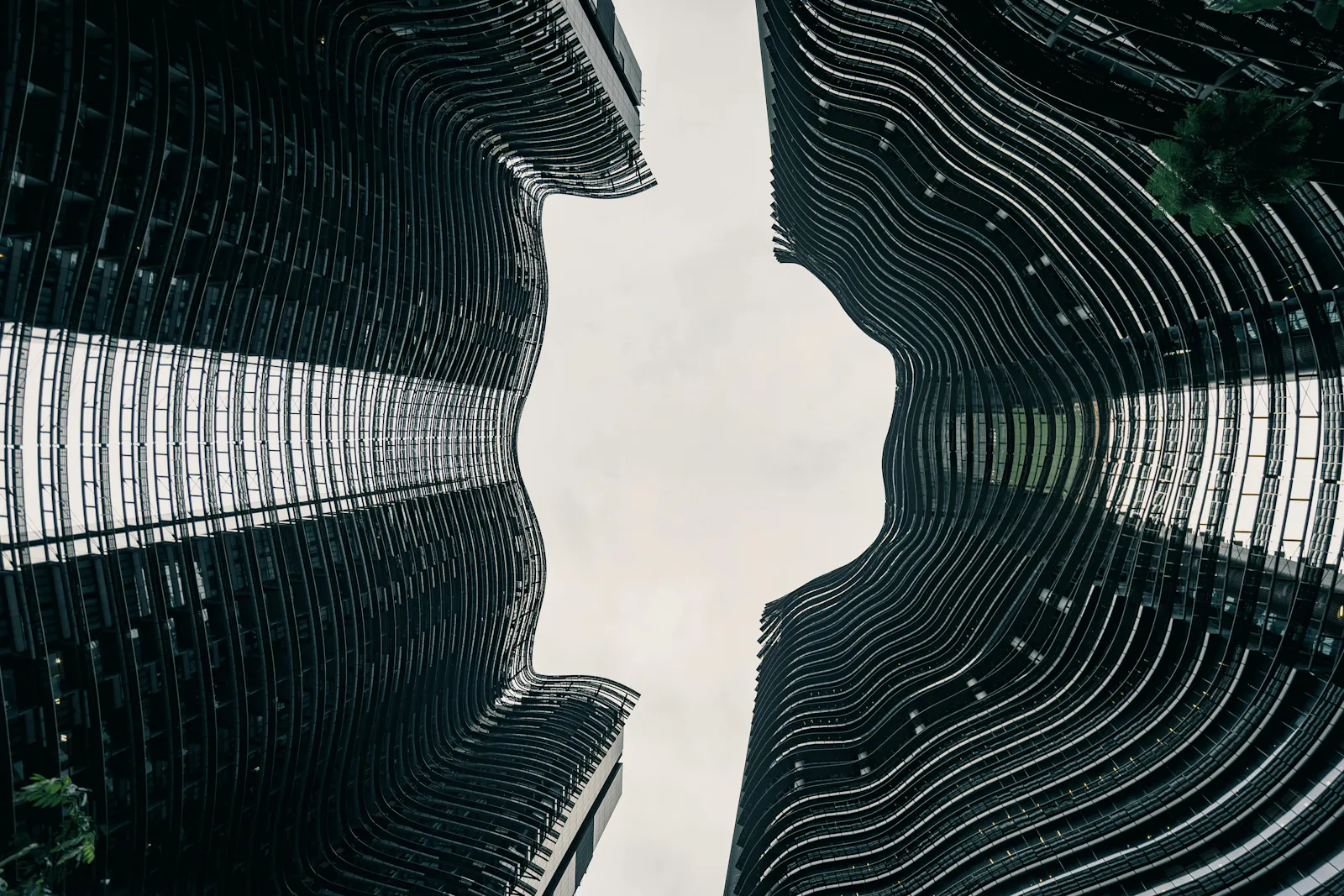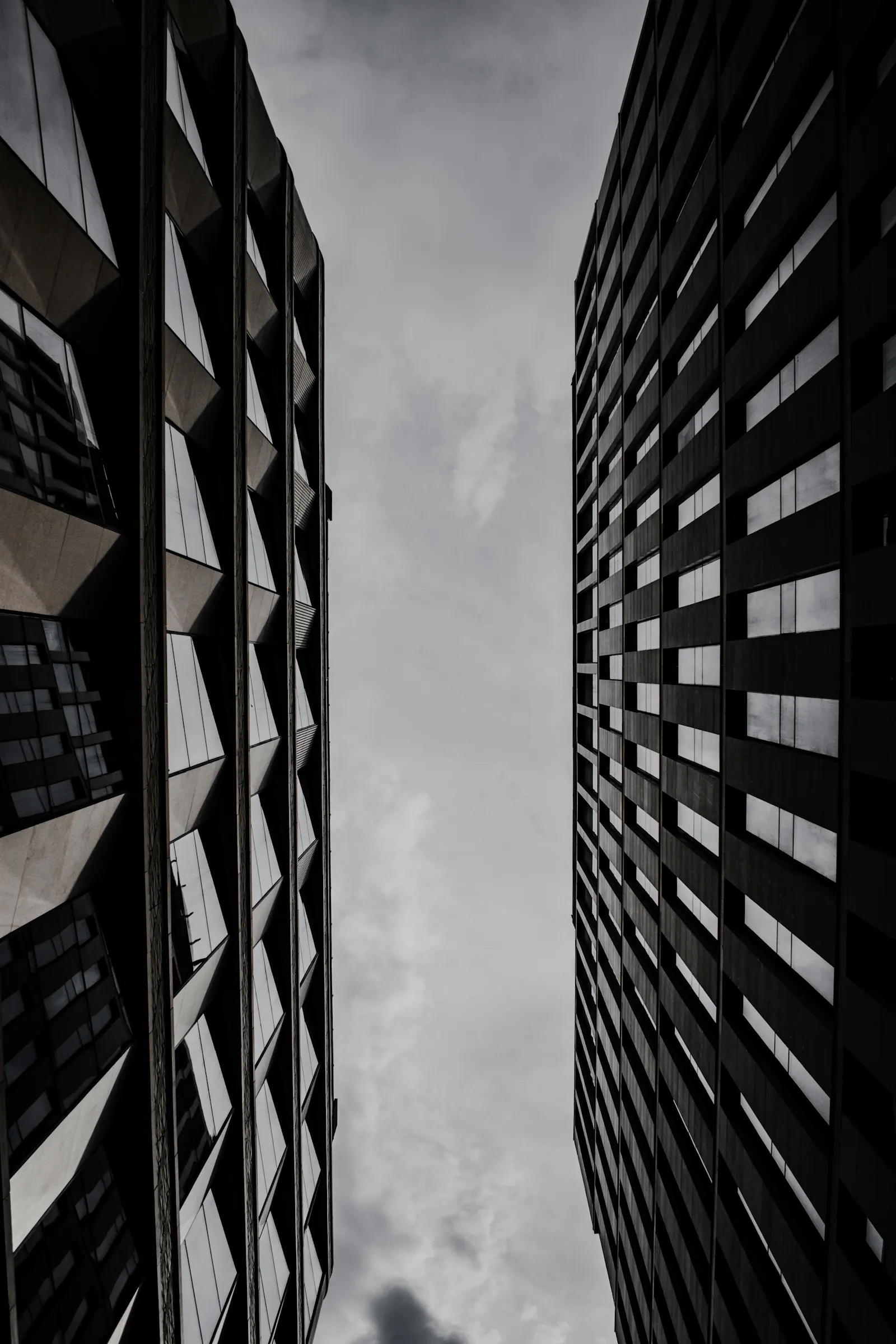



rchitects without architecture
Emerging models for a different kind of architecture due to different kinds of technology: transdisciplinary studios for 21st‐century challenges and ‘small pieces loosely-joined’ forms of urbanism

Dan Hill (Opens in a new window)
Follow
Dec 30, 2020 (Opens in a new window) · 54 min read
Ed. In 2018, Mark Burry (Opens in a new window) asked me to contribute to a special edition of Architectural Design journal (Opens in a new window) that he was editing: AD: Urban Futures: Designing the Digitised City (Vol.90, Issue 3) (Opens in a new window). I've written for AD before - on the tactical urbanism of pop-ups as a form of R&D (Opens in a new window) in 2015; a 2050 version of 'the street as platform' (Opens in a new window) in 2014 - and was delighted to be asked by Mark (Opens in a new window), someone I've known since my Australia days, and a pioneer in digital architecture (he's perhaps better-known globally, along with Jane Burry (Opens in a new window) and others, for their multi-decade work completing the Sagrada Familia (Opens in a new window).) Although architecture faces many challenges and opportunities (Opens in a new window), this piece had to focus on the urban questions posed by tech. Familiar themes are presented — cooperative blocks, participatory platforms, strategic design, libraries, streets, mobility etc. Please forgive any repetition, as I tend to worry away at a few core themes across several contemporaneous pieces, each framed slightly differently. Writing is like sketching, in this sense.I wrote one piece, and then split it in two for the journal: ‘Small Pieces Loosely Joined: Practices for Super‐local Participative Urbanism’ (Opens in a new window) and ‘Architects Without Architecture: How Transdisciplinary Studios Reposition for 21st‐Century Challenges’ (Opens in a new window). What follows below is the original mix, thoroughly re-edited. Given the recent rate of change, accelerated by Covid-19’s various forms of devastation and disruption, the AD articles feel almost out-of-date already. Certainly my list of studios could be twice as long, and more diverse, emphasising other practices, particularly around nature-based technologies (Opens in a new window), radical indigenism (Opens in a new window), virtual environments (Opens in a new window), hi-tech/lo-tech cultural diversity (Opens in a new window).The recent collection, Architects after Architecture (Opens in a new window), does a great job of collating many of the most interesting contemporary practices in that respect. Other aspects of the pieces seem to hold up well to current events, further revealing that Covid-19 is simply underlining existing trends, exposing latent stresses. Do read the Slowdown Papers (Opens in a new window) for more recent thoughts on those challenges for urbanism, and a deeper investigation of the ‘small pieces, loosely joined’ design pattern (Opens in a new window) discussed here.